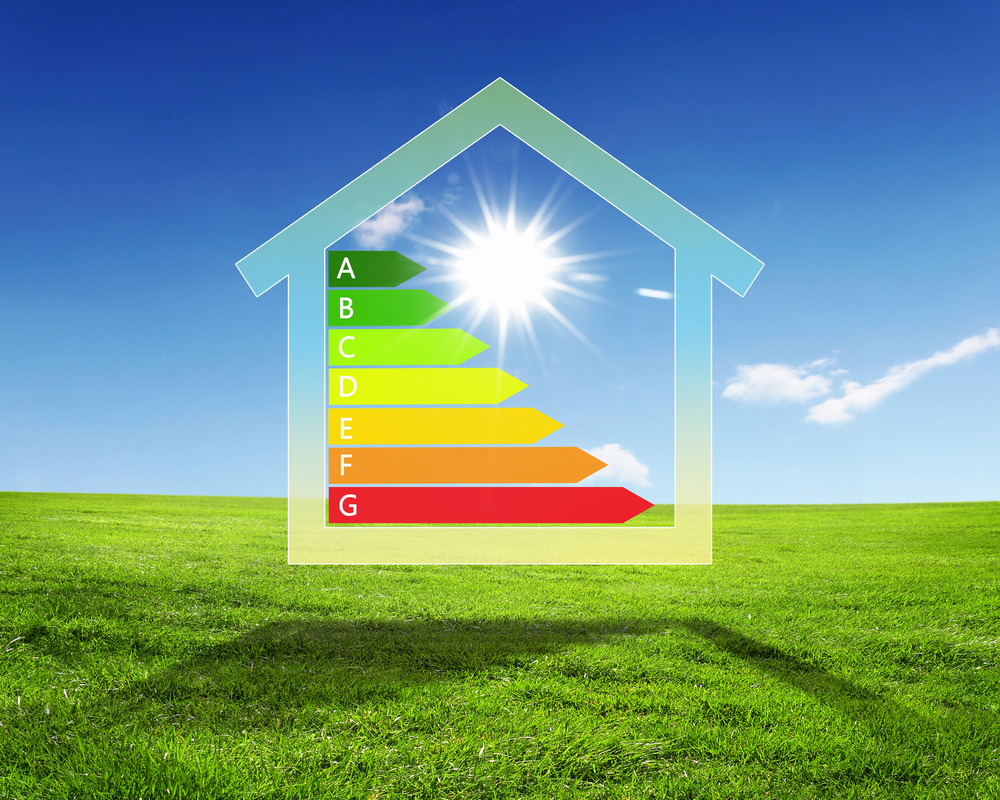

Landlords face a £21.5bn bill to upgrade their properties to new green government standards, data from Zero Deposit shows.

All private and social rented homes will have to meet an energy performance certificate rating of C by 2030, according to proposals set out by the Department for Energy Security and Net Zero, last month.
It said its move is “well overdue” to “deliver the safety and security of warmer, cheaper homes that are free from damp and mould”.
“The government will now shortly consult on proposals for private and socially rented homes to achieve energy performance certificate C or equivalent by 2030,” added the department led by secretary of state Ed Miliband.
The rental deposit firm points out that 55% of all privately rented homes currently hold an energy performance certificate rating of D or below, with around 12% of these holding an E, F or G rating, citing official English Housing Survey data.
It adds that the average cost of bringing a rental property up to a band C energy performance certificate rating is estimated at £8,000.
Around 2.7 million homes will require improvement across England, which will cost landlords £21.5bn.
In London, this average cost of improvement is highest at £9,000 per property, leaving landlords in the capital facing a £3.8bn bill.
In the North East, the collective bill is at its lowest, leaving landlords facing costs of £667m to bring their homes up to an energy performance certificate C rating, according to Zero Deposit estimates.
The previous Conservative administration had also planned to force private landlords to upgrade rented homes to an energy performance certificate rating of C by 2030.
But this target, along with a host of other green measures, was scrapped by former Prime Minister Rishi Sunak last September, citing cost-of-living pressures.
Zero Deposit chief executive Sam Reynolds says: While it is, of course, a positive to improve the energy efficiency of rental homes within the private rented sector, the mandatory obligation to make these improvements is likely to cost private landlords billions.
“Yet another cost incurred due to legislative changes will likely leave a bad taste in the mouths of the nation’s landlords and it could well be the final straw for many who are sat on the fence as to their future within the sector.”